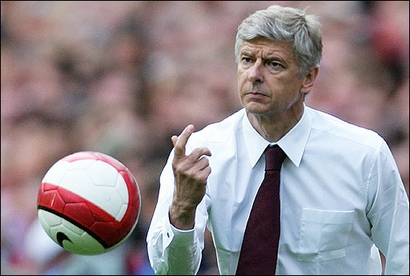The terrible suffering unleashed by the recent elections in Kenya poses searching questions for democrats everywhere. How can this process of democracy that we laud so highly, that is supposed to insure us against the vagaries of power, have seemingly unleashed such terrible, visceral forces?
It’s a question that I haven’t yet fully understood, but I suggest a couple of opening thoughts. Firstly, that democracy is not a value. Democracy is a selection process; the liberal values of tolerance, fairness, and respect for rights that we associate with it are incidental. These are complex, organic creations, born of deeper social and intellectual forces, and whilst they complement democracies extremely well, they are neither necessary nor exclusive to them. Witness the emergence of democratic authoritarianism in Russia, and authoritarian liberalism in China, to see the disintegration of this connection. That the democratic process in Kenya could unleash intolerance, tribalism and extreme violations of rights, is no surprise if liberal values are not sustained within Kenyan political culture; instead, democracy merely exposes the societal fissures that authoritarian rule papers over.
Secondly, that democracy depends on nationalism. In a mature democracy, the losing side in an election, however viciously fought, accepts defeat in the belief that its fundamental interests are protected, whoever sits in power. Certainly, the loser knows that sinecures will be rewarded to the victor’s acolytes, but he is assured of his essential position in society, because he knows that both he and his victor believe in the same thing: the health of the nation. All sides trust that this core shared goal will be prioritised. It is this belief that ties the political community together, and mitigates the costs of defeat for losing parties. Thus elections pass without incident, and the defeated lick their wounds until their next legal opportunity to vie for power.
In a country like Kenya where nationalism is weak, and the idea of the nation ill-developed, the losers of the democratic process do not have this security. As events have shown, the primary loyalty of many Kenyans is to tribe. The whole tone of the election campaign was “now we eat”: the rewards of power will be directed to our tribe, not theirs. In this climate, why should the losers accept the result passively? What functions does this government fulfil for them that they could not fulfil themselves? A lack of underpinning nationalism increases the risks and rewards of democracy exponentially – and therefore increases the lengths to which people will go not to be the losers of the process.



 Posted by reheated
Posted by reheated 

